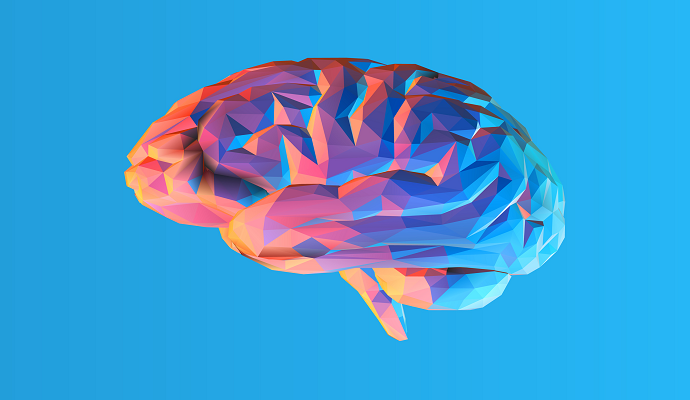AI Tool Provides Profile of Brain Cancer Genome During Surgery
Harvard Medical School researchers developed an AI tool that can analyze brain tumor DNA during surgery and guide treatment in real time.

Source: Getty Images
- Developed by scientists at Harvard Medical School, an artificial intelligence (AI)-based tool can help guide surgical practices by decoding the DNA of a brain tumor during surgery, providing useful information related to brain tissue removal and potential intervention.
In the process of treating brain tumors, data surrounding the genomic profiling of gliomas is necessary. This is largely because of the aggressiveness of this type of tumor and how genomic profiling can reflect the development of cancer. This data also provides doctors with information related to necessary steps during surgery and how a patient may respond to treatment.
Typically, genomic profiling of gliomas can take up to several weeks and may be obstructed by various limitations. The general steps include obtaining brain tissue, freezing it, and conducting an examination using a microscope.
However, with a new AI approach known as Cryosection Histopathology Assessment and Review Machine (CHARM), the genomic profiling data can be obtained during surgery.
Accessing and using this information during surgery allows surgeons to determine the amount of brain tissue to extract. This is a critical step, as excessive removal can lead to poor cognitive functioning, whereas limited removal can lead to the growth of the remnants of malignant tissue.
“Right now, even state-of-the-art clinical practice cannot profile tumors molecularly during surgery. Our tool overcomes this challenge by extracting thus-far untapped biomedical signals from frozen pathology slides,” said study senior author Kun-Hsing Yu, MD, PhD, assistant professor of biomedical informatics at the Blavatnik Institute at HMS, in a press release.
To train CHARM, scientists used 2,334 brain tumor samples from 1,524 people, all of whom had gliomas. The tool showed the ability to detect tumors with specific molecular mutations with an accuracy level of 93 percent. It also differentiated between three types of gliomas that vary in terms of molecular features, prognoses, and the needed treatment.
CHARM also showed the ability to distinguish visual characteristics, define molecular alterations, and make connections between cell appearance and a tumor's molecular profile.
Further, researchers noted how this type of model provides insight into the molecular codes of cancer and, thus, could be applied to other brain cancer subtypes.
AI continues to find a place in surgical care. In April, the Advocate Aurora Research Institute announced plans to use AI and machine learning to determine the efficacy of robotic surgical techniques and the types of surgical care that could improve outcomes.
To do so, the health system implemented the KelaHealth Surgical Intelligence Platform, which aims to help limit surgery-related issues. This tool allows care teams to review patient needs and determine the surgical steps and methods that best support specific cases.
